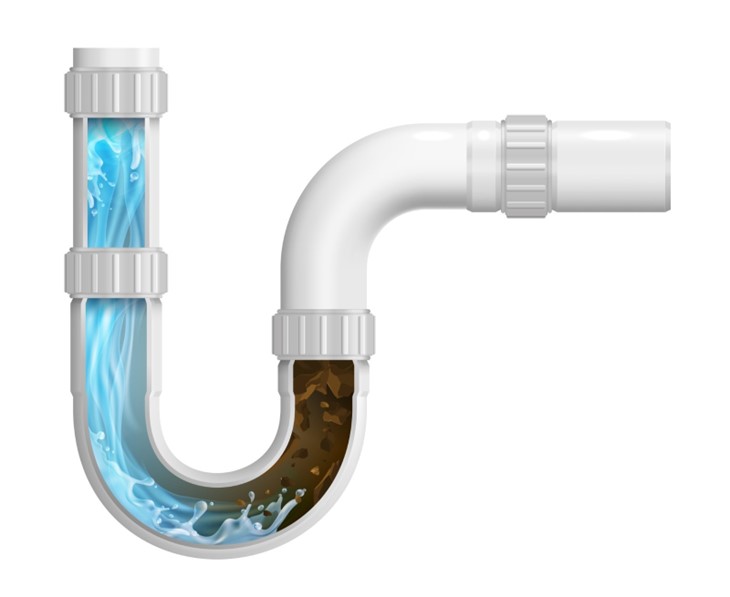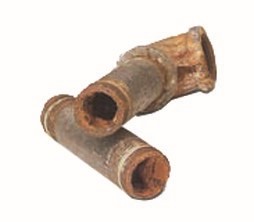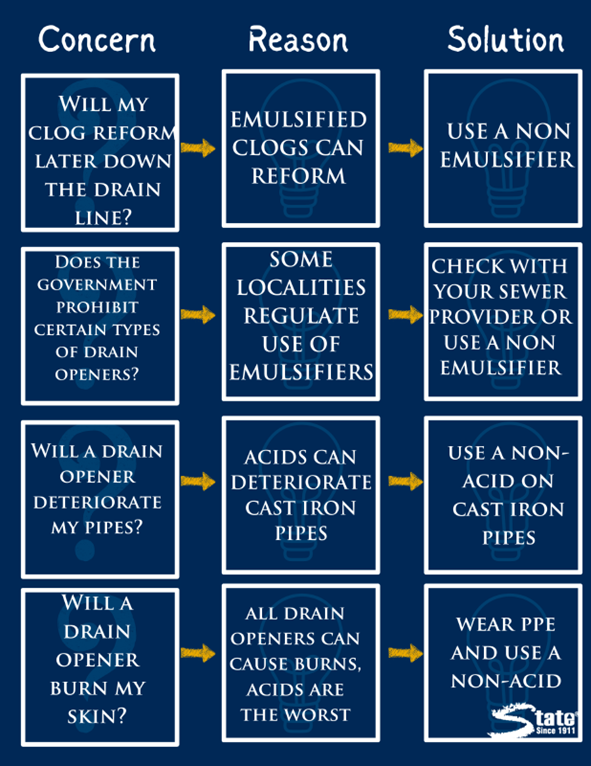Drain Opener Concerns (with Solutions)
Drain Opener Concerns (with Solutions)
If you have a clog, you may be experiencing the inconvenience of a slow drain or the bigger problem of drain flies and odors. If you leave the clog untreated, it can overflow and spew sewage all over your floor. For these reasons, if you have a clogged drain, you likely know that you want to treat it.
A drain opener is a chemical product that you can use to unclog a fully clogged drain. Drain openers are often made of sulfuric acid or sodium hydroxide. A drain maintainer is a chemical product that you can use if you have a partial clog, leading to a slow drain. Drain maintainers are often made of orange oil or bacteria. For both drain openers and drain maintainers, you pour the chemical down the drain and it breaks up the clog.
At State Chemical, we sell drain openers to companies across the United States, Canada, and Puerto Rico. When we present drain openers to potential clients, we hear many questions regarding the use of the product. These questions include:
- Will the clog reform later down the drain line?
- Does the government prohibit me from using certain types of drain openers?
- Will the drain opener deteriorate my pipes?
- Could the drain opener burn my skin?
This article explains these concerns and presents solutions for how to mitigate them.

Concern: The Clog Will Reform Later Down the Pipe.
Solution: Use a Non-emulsifying Product.
Some drain openers contain emulsifiers. Emulsifiers work by liquifying a clog made of fats, oils, and greases (FOGs). However, this liquification is only temporary – it is possible for the clog to re-solidify later down the drain line. A clog made up of FOGs is similar to solidified bacon grease. The emulsifier turns the bacon grease back into liquid form so that it can slide down the drain. However, like bacon grease left in a pan, the clog made of FOGs can resolidify.
If you are concerned about clogs forming later in your drain line, you can use a product without an emulsifier. There are many products available for which you do not have to worry about re-solidification. Products made of sulfuric acid, sodium hydroxide, or bacteria will clear a clog without the risk that the clog will resolidify later in the drain line.
Concern: The Government Will Not Let Me Use Certain Types of Drain Openers.
Solution: Check Your Local Regulations and Use a Non-Emulsifying Product.
Some governments limit the use of emulsifiers, especially in grease traps. As discussed above, clogs made of FOGs that are cleared by an emulsifier can resolidify. The government is concerned that if you use an emulsifier to clear a clog in your drain, that clog will resolidify in the city sewer system. For this reason, some government limit the use of emulsifiers, especially in grease traps.
To learn if your city regulates emulsifiers, check the website of your local sewer provider or give them a call. If you cannot legally use an emulsifier or are not certain of your local regulations, you can choose a drain opener made of sulfuric acid, sodium hydroxide, or bacteria.

Concern: The Drain Opener Will Deteriorate Pipes.
Solution: For Cast Iron Pipes, Use a Non-Acid Product. For PVC Pipes, This Is Not a Concern.
You only have to worry about drain openers deteriorating pipes if your pipes are made of cast iron. If you use the drain opener as directed, a drain opener will not have a negative impact on PVC pipes. However, an acid-based product can deteriorate an already rusty cast iron pipe. Therefore, if you have cast iron pipes, we recommend a non-acid based product. Sodium hydroxide, orange oil, and bacterial based products will not impact a cast iron pipe if used as directed.
Concern: The Drain Opener Will Burn My Skin When I Use It.
Solution: Wear PPE and Use a Non-Acid Based Product.
We recommend that you wear personal protective equipment (PPE) when using any drain opener. Personal protective equipment will protect your skin and eyes from being harmed if a drain opener splashes back on you.
Both acid and non-acid drain openers can cause burns if they get on your skin, but the burns from acid-based products are more severe than those of non-acid drain openers. If an acid-based product splashes back on you while you are pouring it down the drain, it can cause severe burns. Therefore, if you aren’t certain how to use PPE or are concerned about severe burns, we recommend a non-acid product. Sodium hydroxide, orange oil, and bacterial based products have less of a risk of severe harm than a product made of acid.

In Sum: Choose the Right Drain Opener For You
Depending on your concerns, a different drain opener will be best for you. If you are concerned about clogs re-solidifying or your local regulations, choose a non-emulsifier. If you are concerned about drain openers deteriorating cast iron pipes or severe burns from the product splashing back on you, use a non-acid. Products made of bacteria or sodium hydroxide are solutions to all concerns mentioned above.
The best way to treat clogs, however, is to avoid clogs in the first place. Preventative maintenance can help you avoid clogs. There are pros and cons to preventative maintenance - one benefit is that it can help reduce clogs and avoid the need to use drain openers.








